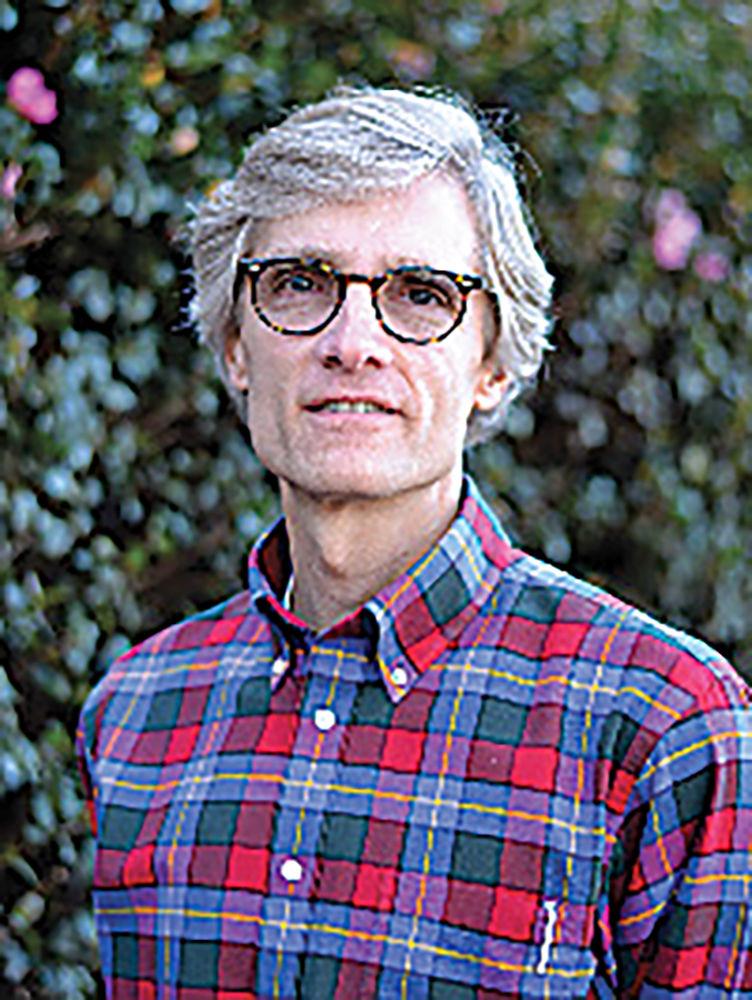Paul Cousins, former director of the Department of Student and Community Standards in the Office of Student Conduct, retired Wednesday after just over 27 years working at NC State.
During his time as director, Cousins has served as a hearing officer in student conduct cases, as well as a liaison to other offices at NC State. In trying to bolster student success and welfare, he sees over 1,000 students a semester to address concerns in student behaviors on campus.
As an undergraduate, Cousins worked for the University of Connecticut as a resident adviser and was drawn to study psychology in graduate school. After graduating, Cousins worked in the dean’s office at Kansas Technical Institute, then in housing at California Polytechnic State University before coming to NC State in 1990.
Before his retirement, Technician sat down with Cousins to discuss his career.
What was the most impactful experience, prior to your work at NC State, that affected your work in Student Conduct?
[At California Polytechnic], there was a real housing program, with real professionals. They had a plan of development for us. There were a series of standard expectations, and it was an intentional professional experience.
How does Student Conduct address conduct issues with students?
This office is not in isolation. We don’t know all of the answers; we don’t know what your degree audit is supposed to look like. We’re only effective because of our partners: Housing, University Police, the Counseling Center — there is nobody that we cannot work with. We have even sent some students to the gym. We rely heavily on those around us that are experts for guidance so that a student can talk to them, and then we will hold them to the expert’s word.
Since your first day working at NC State in 1990, you have seen a rapid evolution in computing technology within his office, as well as the spread of personal computers around campus. How has technology impacted your work as director of the Office of Student Conduct?
From a technological perspective, it’s like from Fred Flintstone to the Jetsons. It’s just a major shift in the quality of what we can do. This technology now helps us to keep students so much better informed of what their rights and responsibilities are. We’re much more timely now because we don’t have to send things in the U.S. mail.
In what ways have you had to address changing technology in Student Conduct policy? How has it affected students’ behavior?
The technology always outstrips our ethics. We almost always have a new technology be fore we’re ready to manage it. All of this new technology provides new access to information, and sometimes, people can do things that are unethical, given that access.
How do you feel that campus attitudes have evolved since 1990 around the LGBTQ+ community, and racial and religious minorities?
One of the things that is true, is that this is the safest place in the world to be if you want to speak your mind freely. The only way to change things is from the inside; the issues that we are working with and the ability to affect change is so much more available in this community than it is in the broader community. We get frustrated and angry because things don’t move as quickly as we would like, but we are miles ahead of many U.S. communities.
After you retire from your formal position at the university, what do you plan to do with your time? Do you have any plans to continue working or to return to NC State?
I don’t have any plans to work. I don’t have another professional NC State career planned out. I have a locker down in the gym, so I will be back here regularly. I have a bunch of other interests at home that have helped to keep me sane all these years. I’ve got three old sports cars in my garage — I’ve got some guitars that I don’t play enough and a bike. I also think it would be OK to be bored every once in a while.
According to Lisa Zapata, the vice provost of the Division of Academic and Student Affairs, Cousins’ successor will be announced next month. Cousins is optimistic that the candidates for his position will continue to build on his work in the Office of Student Conduct.








